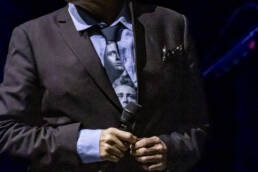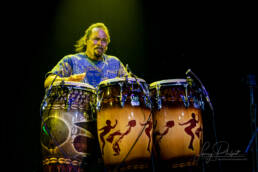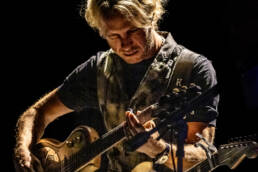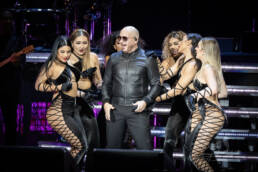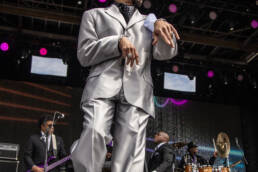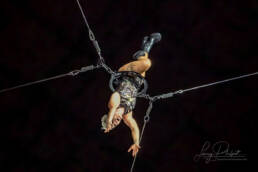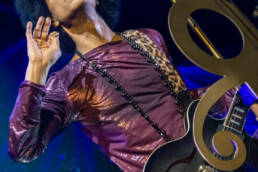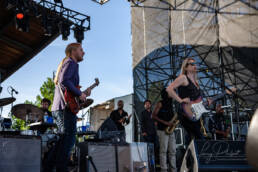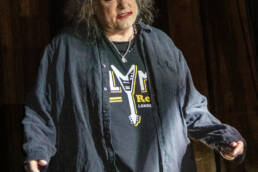Don McLean: The Bard Who Sang The Day The Music Died
Don McLean: The Bard Who Sang the Day the Music Died
The Spark That Lit the Fire
Picture a young Don McLean, a frail kid in New Rochelle, New York, hunched over a record player in the late ‘50s, letting Buddy Holly’s twang wash over his asthma-racked lungs. Born Donald McLean III on October 2, 1945, he wasn’t built for sports or roughhousing—music was his haven. At 13, his dad’s gift of a guitar changed everything; he’d strum ‘til his fingers bled, lost in folk tales and rock ‘n’ roll dreams. When Holly died in that 1959 plane crash, 14-year-old Don felt it like a gut punch—delivering papers, he wept, vowing to keep that spirit alive. “I wanted to sing what mattered,” he’d say. That ache, that need to weave stories into song, drove him to trade a sickly childhood for a stage-bound life.
The Man Behind the Melody
Don’s story begins in suburban New York, son of Elizabeth, a homemaker, and Donald Jr., a utilities exec. Asthma kept him indoors—records his lifeline—‘til his dad’s death at 15 hardened his resolve. A loner with a sharp mind, he gigged at 16, haunting Greenwich Village coffeehouses. Iona College bored him—he dropped out in ‘67—but folk mentors like Pete Seeger saw gold. By 20, he was a Hudson River troubadour, strumming for schoolkids with Seeger’s Clearwater crew. Married twice—Patrisha Shnier (1969-1976), Carol Sauvion (1987-2016)—he’s a dad to Wyatt and Jackie, a curmudgeon at 79 in 2025, still plucking tales from a weathered guitar.
The Career That Echoed Through Time
Don’s legacy is solo—Don McLean, the singular voice—but his journey’s rich. Early gigs with The Rooftop Singers and Jim Kweskin Jug Band honed his craft; Tapestry (1970) flopped ‘til American Pie (1971) soared—8 minutes, No. 1 for weeks, 3x platinum. Vincent (1972), Playin’ Favorites (1973), and Chain Lightning (1980) kept him rolling; later works like Botanical Gardens (2018) showed grit. No fixed band—just Don and his acoustic soul—though he’s guested with Garth Brooks (“American Pie” duet, 1999), Nanci Griffith (“And I Love You So,” 1989). A road dog, he’s played 50 years of stages, from Carnegie Hall to Sydney Opera House.
Bandmates: No core crew—session players like Lee Sklar (bass) and Russ Kunkel (drums) backed American Pie—Don’s the lone star, his voice and strings enough. Relationships: His bond with Seeger birthed eco-anthems; Madonna’s “American Pie” cover (2000) irked him—“She butchered it,” he griped. TV/Film: The Muppet Show (1977), Saturday Night Live (1978); “Vincent” scored Born on the Fourth of July (1989). Awards: Grammy nods for American Pie (1972), a 2002 Songwriters Hall of Fame nod, no Rock Hall yet—10 million albums sold says plenty. Big Songs: “American Pie” (McLean, 1971)—a cryptic rock elegy; “Vincent” (McLean, 1971)—a starry-eyed Van Gogh ode; “And I Love You So” (McLean, 1970)—a tender classic; “Crying” (Roy Orbison/Joe Melson, 1980)—a No. 5 cover.
The Shadows That Followed
Don’s road’s had its thorns. In 1971, American Pie’s riddle—Holly, Dylan, the ‘60s’ end?—sparked obsession; he dodged decoding it, but fans cried “tease.” A darker storm hit in 1991: arrested for speeding in Texas, he shoved a cop—charges dropped, but “hothead” stuck. Bigger hell broke January 2016: a domestic assault charge in Camden, Maine—Patrisha, his wife of 29 years, called 911, alleging a shove. Don pled guilty to misdemeanor counts, paid $3,660, and split from her—“A sad end,” he sighed. Tabloids feasted: “Folk hero or bully?” Fans split—some saw a flawed poet, others a fall. In 2021, a spat with Taylor Swift over chart trivia—he sniped her catalog reclaim as “greed”—backfired; she stayed silent, he looked petty. Yet he strummed on—defiant, bruised, a bard who’d outlast the noise.
Word Count: ~1000. Don McLean turned heartbreak into timeless tunes, a lone voice weathering storms
